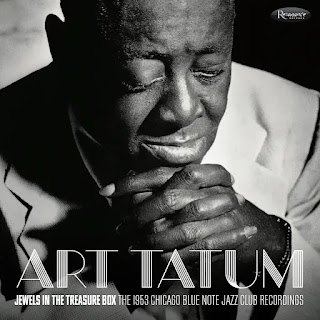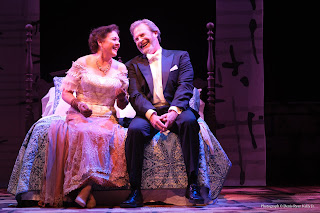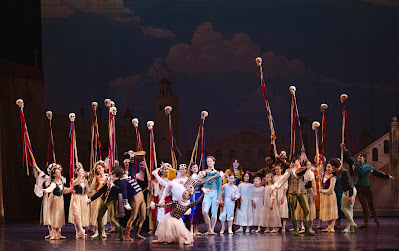The classical shoe drops: Mark Ortwein's 'Stretching Boundaries'

Mark Ortwein with his principal instrument I'm glad to finally post a review of "Stretching Boundaries," bassoonist Mark Ortwein 's* aptly titled compact disc of works across a vast range of his bassoon-centered artistry. The timing is coincidental but revealing: He plays the national anthem on his electrified bassoon on a special day on a special occasion — Memorial Day and Game 4 of the NBA Eastern Conference finals . The assistant principal bassoonist of the Indianapolis Symphony Orchestra has been blurring whatever boundaries are usually associated with his bread-and-butter job since coming to town in 2002. He has made a name for himself on the local jazz scene (mainly as a saxophonist) and with modifications on the double-reed orchestral instrument that initially gave him a berth in Indianapolis music. On "Stretching Boundaries," his plugged-in electrified bassoon is heard principally on the raucous "Breaking and Entering," a work driven b






